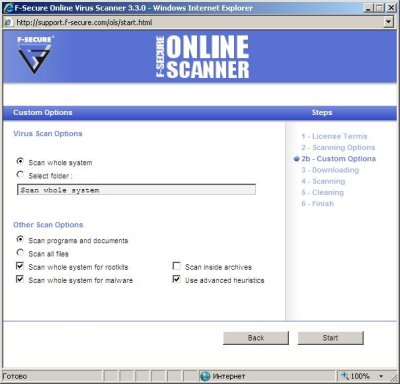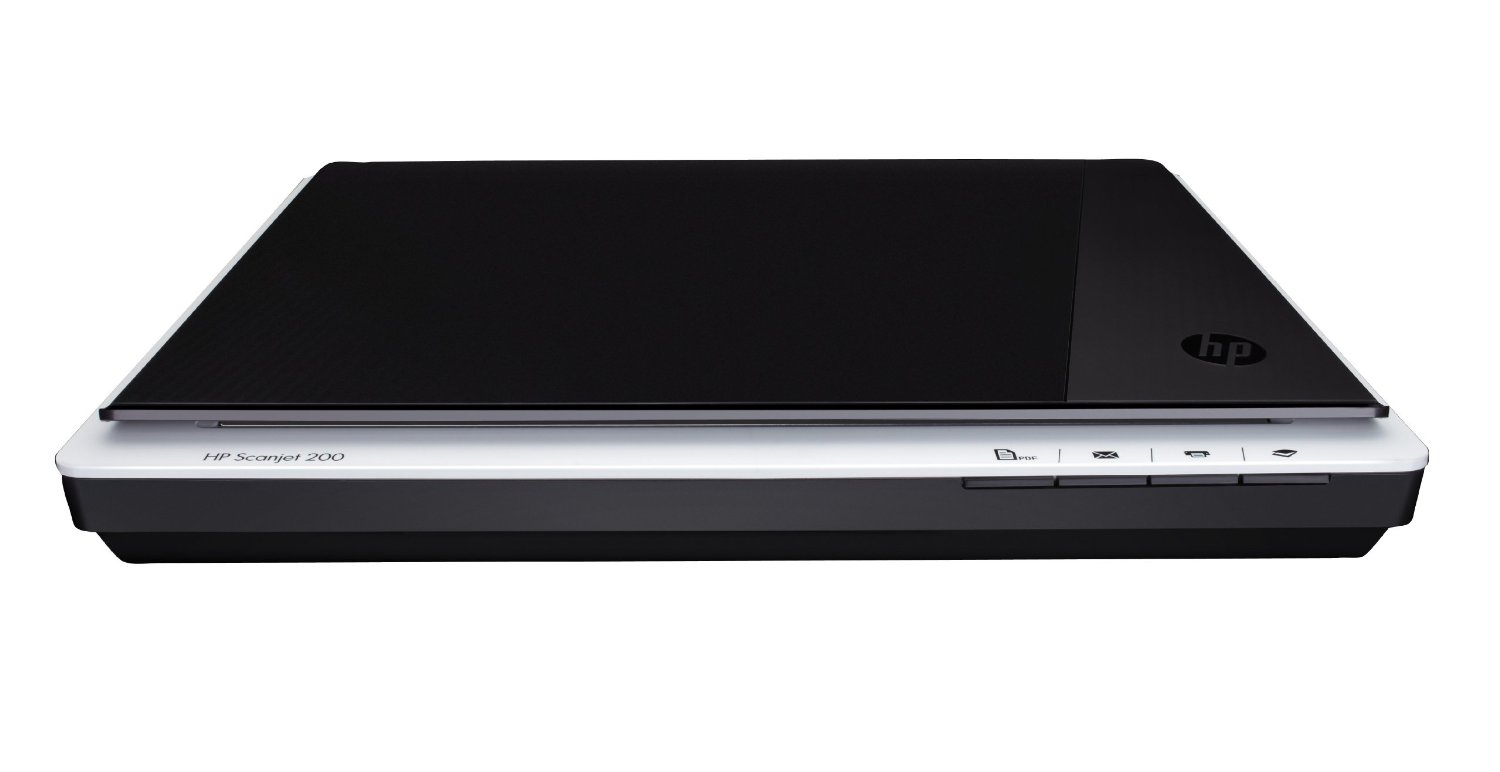
- #Dfind security scanner homepage android
- #Dfind security scanner homepage software
- #Dfind security scanner homepage free
Rails 7 introduced a new protection against open directs. The default configuration values for Rails 6.1 and Rails 7.0 have been added to Brakeman.
#Dfind security scanner homepage software

Add Rails 6.1 and 7.0 default configuration values.Several changes in this release are updates to Brakeman’s open redirect check. This report format matches the -json output. Note that the report will include all fingerprints in the ignore configuration that are not in the current report, even if they were already obsolete. These fingerprints are warnings that are configured to be ignored, but no longer exist. When using the -compare option, the output JSON will now include an obsolete key with an array of fingerprints. ( changes Obsolete Warnings in Comparison Report

Now Brakeman correctly handles the default configuration values.īrakeman will no longer warn about user input in content_tag attribute names in Rails 6.1.6+ Brakeman assumed the protection was enabled based on the Rails version. Since Rails 5.2.0, new applications have had cross-site request forgery protection enabled. ( changes) Missing CSRF Protection Warning Official support for the 2.x line of Ruby has ended, so it is a good time to bump up the minimum requirement and adopt more modern language features. The minimum Ruby version to run Brakeman is now 3.0.0. But since it has been eight years since Ruby 1.9 has been unmaintained… it is time to let go. Brakeman was depending on the ruby_parser-legacy gem for these older versions. Ruby_parser, the gem Brakeman depends on for parsing Ruby, dropped support quite a while ago. This version of Brakeman no longer supports parsing Ruby 1.8/1.9 syntax. Scan directories that include the word public.Fix false positive with content_tag in newer Rails ( #1778).Warn about missing CSRF protection when defaults are not loaded ( Chris Kruger).Add obsolete fingerprints to comparison report ( #1758).Fing caught an iOS device the other two missed, but also missed the Linux box.Brakeman 6.0 drops parsing support for Ruby 1.8/1.9, and raises the minimum Ruby version to run Brakeman to 3.0.
#Dfind security scanner homepage android
It didn't catch any of the various connected Android and iOS devices, or even the big Linux box sitting in the corner. Nmap found even fewer devices than the Bitdefender Home Scanner could, picking up only my router, my (sleeping) Xbox One and the laptop I was working on. (Hollywood movies often show fictional hackers using Nmap.) A Bitdefender representative told me that the company added a few vulnerability scanners and a polished front end to the Nmap underpinnings.įor comparison, I ran Nmap itself, using the Zenmap front end, on a PC, and the Fing network-mapping app on my Android phone.
#Dfind security scanner homepage free
Under the hood, the Bitdefender Home Scanner runs Nmap, a widely used free and open-source network-mapping tool. I finally had to go into Task Manager to kill the process manually.

There's no "Exit" or "Quit" command in the sparse menus, and closing the interface didn't prevent notifications of new network devices from popping up. There also doesn't seem to be any way to turn the scanner off. That was annoying at work, but would be very handy for someone at home who'd want to know when a strange device jumped aboard the Wi-Fi network. The scanner also seizes focus to pop up a notification when a new device is added to the network. It's probably best to run Bitdefender Home Scanner while you're not doing anything else on the computer, or the constant shift of focus will drive you nuts. Another quirk that should probably be fixed: The tool annoyingly kept seizing desktop focus every time it completed a major step in its overall scan, whether that step was discovering a new device or scanning another device for flaws.


 0 kommentar(er)
0 kommentar(er)
